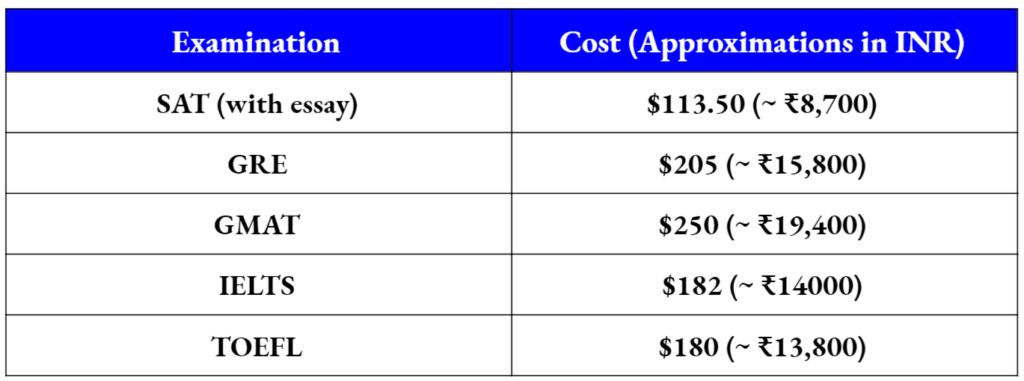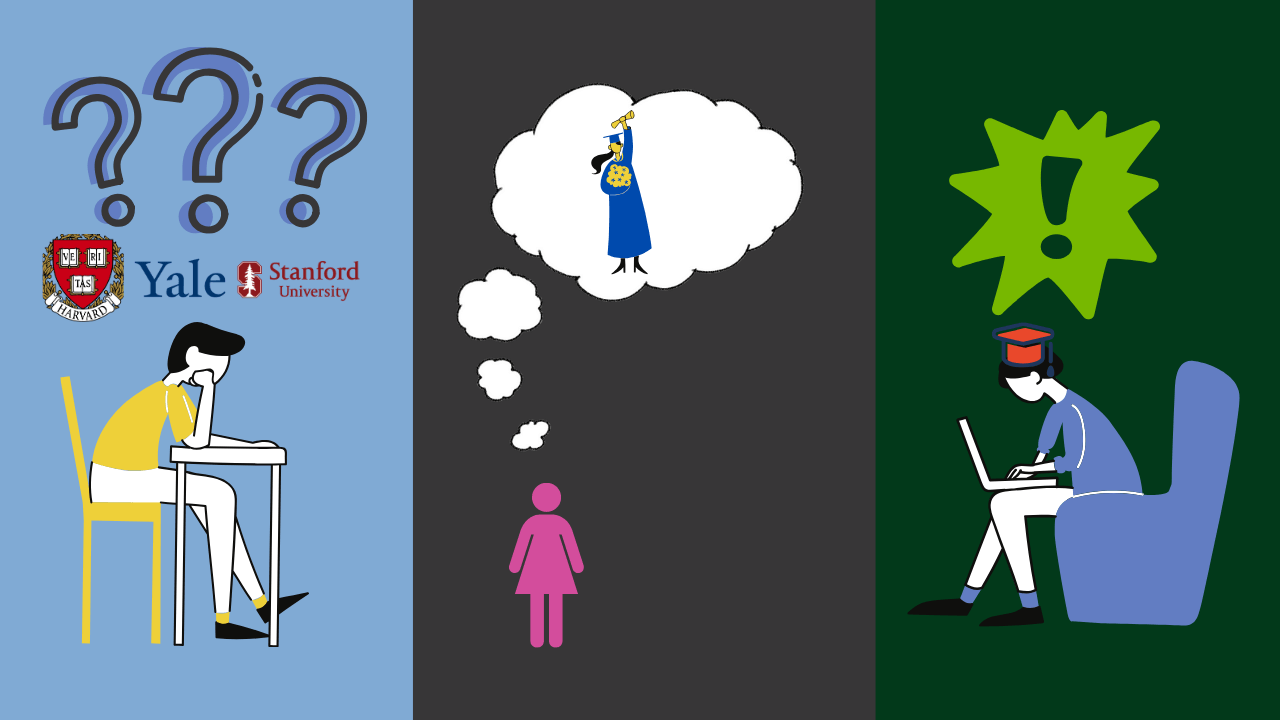The COVID-19 pandemic is straining systems worldwide. Besides health, families are struggling with uncertainties surrounding their jobs and aspirations. At all levels of education, graduating batches — or, the Batch of 2020 — will suffer from a worldwide slump in hiring. On the other hand, admission cycles and examinations are less flexible, especially for students who anticipated to study abroad in the Fall or Winter semesters.
Since the virus is still spreading across most nations and has no tangible ‘deadline’ to put a finger on, is it still a wise decision for aspirants to accept university offers? Will countries like the United States of America, which is yet to be put under lockdown, continue to push for previous timelines of Fall semesters? Will European countries recover in time for Winter sessions in 2020? After dedicating months for preparing college apps and waiting on their decisions, it seems as if their futures are set to be steeped in uncertainty.
Incomplete Information, Expensive Decisions
The university application process for Indians entails significant planning — financially as well as academically. Besides English proficiency tests, Indian students have to take extra exams such as the SATs or the GRE, to even be considered for admissions in the first place. These exams are a financial burden, with each costing at least ~₹10,000. On top of this, they have arbitrary expiry dates on their validity. Students planned when they would take which test well in advance. Now, with delays in admissions, many students’ test scores are likely to expire. Taking retests is expensive business, not to mention the emotional cost of it all.

Students also have to pay anywhere between $70-$120 per college application, some part of which will have to be repaid every semester one re-applies. Applying for 5-10 such programs can be a huge deterrent for a student. For many, declining offers may not be an option available to everybody, irrespective of the increase in health risks with international air travel.
So, at this stage, the onus is on universities to refund application fees and encourage students to reapply in the future semesters.
For example, Virginia Polytechnic Institute and State University (Virginia Tech) in the USA has offered this alternative to all graduate international applicants for 2020. Some universities have temporarily suspended admissions processes for the following academic semester.
However, many still appear to believe that they will be back on track for the Fall semester, with normalcy being restored in the coming months. The deadline for accepting offers was the 15th of April for several universities in the USA, meaning that lakhs of students are making decisions based on incomplete information.
Upon accepting an offer, some courses and universities offer deferrals of up to a year for a certain fee. Students can accept their admission and wait until 2021 to actually attend university. While this may seem like a prime COVID-19 solution at first glance, it does not account for the ambiguity surrounding annual funding (like assistantships, for example) during a post-graduate education.
Deferrals also mean that students will have to keep themselves financially afloat in a year where unemployment rates are rising rapidly in India. Come Fall 2021, lakhs of rupees will be at stake for every student, depending on how the Indian rupee fluctuates vis-a-vis other international currencies. Most Indian families, except for the uber-wealthy, will not be able to absorb this variation. Deferrals too will bring uncertainty.
What Lies Ahead for the Hopeful?
For an aspirant, application work begins over twelve months before the results come in. With COVID-19, even if university decisions arrive in time, it brings along a host of complications. Financial responsibility certificates will have to be put together in time to be formally admitted. The number of cases and containment progress of countries will have to be monitored to gauge how future semesters may look. Some will have to wait for their previous universities/schools to resume operations before receiving their provisional degrees. Visa procedures will have to be restarted in India, and students will have to squeeze an interview and approval before their terms begin.
If Indians get banned temporarily from travelling to certain countries, admitted students would have to take their Fall semester online. In that case, class hours attended online will have to be treated on par with being present in a classroom, which is a paradigm shift of some sorts. Even companies will have to renew their hiring policies by accounting for online course credits.
Clearly, as students in the Batch of 2020, we know nothing as of yet — except for the fact that we are willing to risk the uncertainty of realising our dreams in exchange for the uncertainty of waiting for an end to this global pandemic. A university recently sent out an email to me enlisting some options for my admission:

But here’s the thing. My classmates and I want a fifth option: “None of the above, with a loose intention to accept”.
There is still reason for us to be hopeful. Admissions teams have been empathetic of the difficulties international students face, which is a positive start. If they can accommodate international students beyond semester dates or allow for staggered starts, that would be helpful. If immigration can be expedited for student visas from the Ministry of External Affairs, attending classes in Fall may still be possible. Otherwise, all universities can move online for the first semester in a post-COVID world, which may make it cheaper and fairer to overseas students. This is contingent on university administrators and professors’ ability to modulate course structures and accommodate students online. Only time will tell, but the hope lives on.






